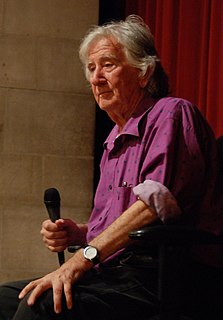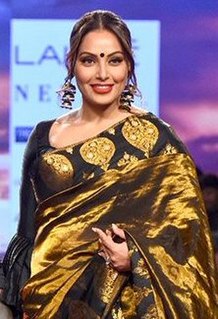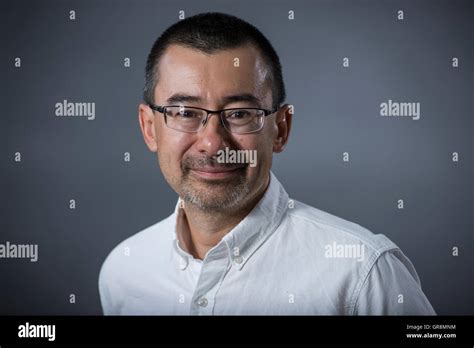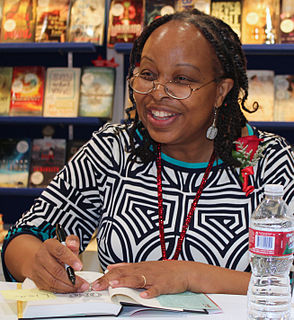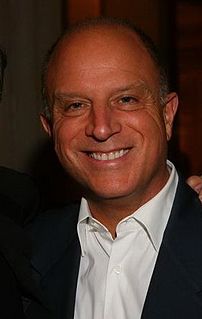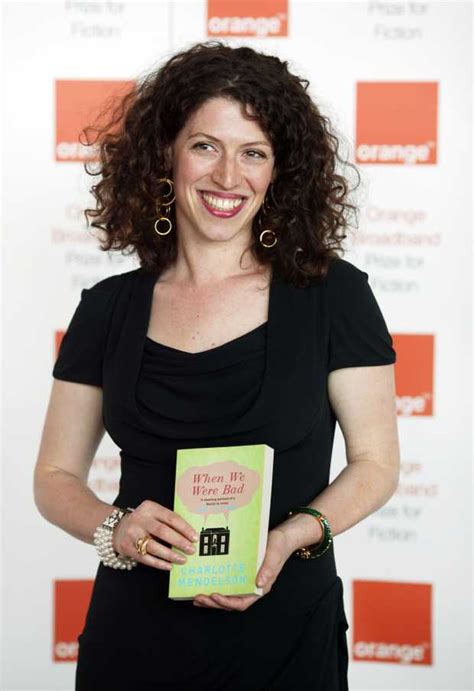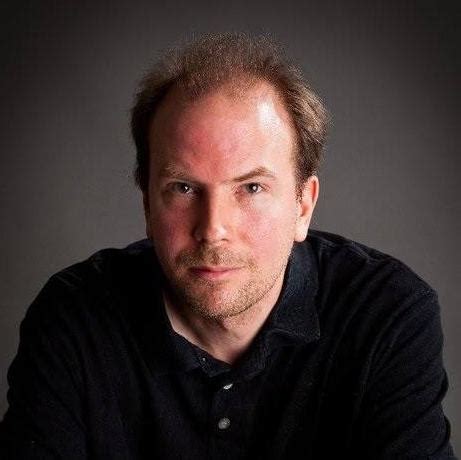Top 136 Protagonists Quotes & Sayings - Page 3
Explore popular Protagonists quotes.
Last updated on November 8, 2024.
Hwang Jung-eun is one of the brightest stars of the new South Korean generation - she's Han Kang's favourite, and the novel we're publishing scooped the prestigious Bookseller's Award, for critically-acclaimed fiction that also has a wide popular appeal. She stands out for her focus on social minorities - her protagonists are slum inhabitants, trans women, orphans - and for the way she melds this hard-edged social critique with obliquely fantastical elements and offbeat dialogue.
Most literary critics agree that fiction cannot be reduced to mere falsehood. Well-crafted protagonists come to life, pornography causes orgasms, and the pretense that life is what we want it to be may conceivably bring about the desired condition. Hence religious parables, socialist realism, Nazi propaganda. And if this story likewise crawls with reactionary supernaturalism, that might be because its author longs to see letters scuttling across ceilings, cautiously beginning to reify themselves into angels. For if they could only do that, then why not us?
Just as women supplement men in private life, so they will supplement men in public life by concentrating their organized efforts on those objects which men are likely to ignore. There is a tremendous field for women as active protagonists of new ideas and new methods of political and social housekeeping. When organized and conscious of their power to influence their surroundings, women can use their newly acquired freedom in a great many ways to mold the world into a better place to live in.
When does a session of The Theatre of the Oppressed end? Never - since the objective is not to close a cycle, to generate a catharsis, or to end a development. On the contrary, its objective is to encourage autonomous activity, to set a process in motion, to stimulate transformative creativity, to change spectators into protagonists. And it is precisely for these reasons that the Theatre of the Oppressed should be the initiator of changes the culmination of which is not the aesthetic phenomenon but real life.
Films with female protagonists don't attract many eyeballs. Most of them are perceived as feminist films. If Bollywood starts giving women major roles in entertaining movies, then the audience, too, will open up to the idea of watching commercial films in which the actresses do more than just play the role of the hero's love interest.
I want my work to become part of our visual history, to enter our collective memory and our collective conscience. I hope it will serve to remind us that history's deepest tragedies concern not the great protagonists who set events in motion but the countless ordinary people who are caught up in those events and torn apart by their remorseless fury. I have been a witness, and these pictures are my testimony. The events I have recorded should not be forgotten and must not be repeated.
The Hawk and the Dove is a wonderful idea for a book, wonderfully carried out. Nicholas Thompson has used illuminating new material to present each of his protagonists in a convincing, respectful, but unsparing way. Even more valuable, he has used the interactions and tensions between Paul Nitze and George Kennan to bring much of American 20th century foreign policy to life, with human richness ever present but with the big issues clear in all their complexity.
I never regard my characters, my protagonists, as personifications. It's not that I sit by my desk and I pick up a character who will be the spokesperson of the Israeli Left, another one will be the spokesperson of the Right, another one will be the spokesperson of Middle Eastern Jews, European Jews, religions Jews and so on.
A true nature is a gloomy monolith, sort of like that old black rotary phone that I had to sing 'Happy Birthday' to Grandpa on. But novelists, damn us, still need true natures - so we can give them to our protagonists. And so readers can vaguely predict how they'll behave when we trap them in 'situations' that they can't IM their way out of.
Dreams have consequences. There is no turning back. A revolution is not a painless march to the gates of freedom and justice. It is a struggle between rage and hope, between the temptation to destroy and the desire to build. Its temperament is desperate. It is a tormented response to the past, to all that has happened, the recalled and unrecalled injustices - for the memory of a revolution reaches much further back than the memory of its protagonists.
The immersive stories of This Is Paradise are a lithe blend of formal invention and traditional narrative pleasures. As such they reflect Kristiana Kahakauwila's intimate but expansive vision of a Hawai'i forged from the collisions of past and present, here and there. Her protagonists are as richly distinctive as the pidgin they speak, and yet each struggles profoundly with identity-that negotiation between ourselves and the world, which is at once Hawaiian, American, universally and compellingly human.
I'm very objective about what I want to have happen to my protagonists and where that has to come from. On one hand, it does help me that I had a mother who might have taken the last dollar and bought a pack of cigarettes or something, but I also had a mother who exposed me to art, music, other religions, different foods. My mother was very adventurous in her own way, so she fed the part of me that was going to grow up to be a writer. But there's always, too, the opposite response that helps me to create.
How do you get the protagonists and antagonists together, in the same space, without somebody having to die? So, we ended up having to tell two distinct stories, which is never the ultimate way to create a great serialized drama. So then, of course, we had the tragedy with Andy [Whitfield], which made everything very difficult and pushed back.
Whether it's Mrs Dalloway's lost love or Thérèse Raquin's burgeoning horror, The Paying Guests reminds us of every great novel we've gasped or winced at, or loudly urged the protagonists through, and it does not relent. . . . The Paying Guests is the apotheosis of [Waters'] talent; at least for now. I have tried and failed to find a single negative thing to say about it. Her next will probably be even better. Until then, read it, Flaubert, Zola, and weep.
Everyone likes a bit of variety. I'm sure none of my readers only want to read about anti-heroes or villainous protagonists any more than they only want to read about square-jawed heroes doing the right thing. I just write characters than entertain me and hope they'll be ones that other people want to read about, too.



